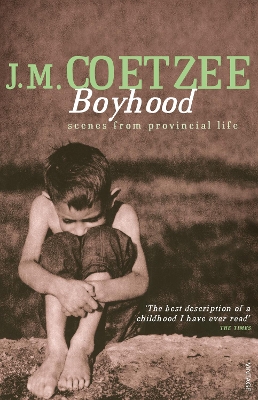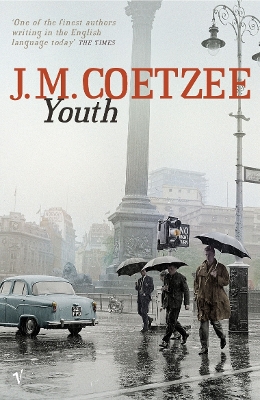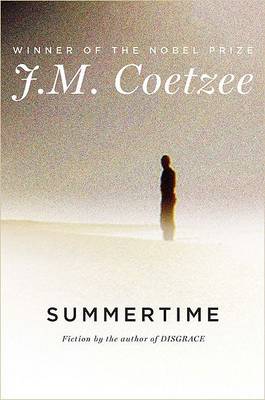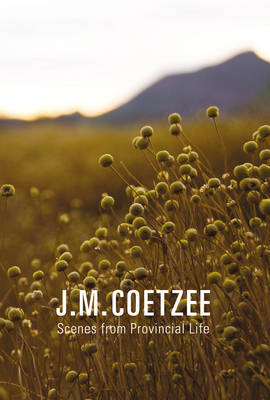Scenes from Provincial Life
3 primary works • 4 total works
Book 1
Book 2
Youth's narrator, a student in 1950s South Africa, has long been plotting an escape from his native country. Studying mathematics, reading poetry, saving money, he tries to ensure that when he arrives in the real world he will be prepared to experience life to its full intensity, and transform it into art. Arriving at last in London, however, he finds neither poetry nor romance. Instead he succumbs to the monotony of life as a computer programmer, from which random, loveless affairs offer no relief. Devoid of inspiration, he stops writing and begins a dark pilgrimage in which he is continually tested and continually found wanting.
Set against the background of the 1960s, Youth is a remarkable portrait of a consciousness turning in on itself. J. M. Coetzee explores a young man's struggle to find his way in the world with tenderness and a fierce clarity.
Book 3
A brilliant new work of fiction from the Nobel Prize-winning author of "Disgrace" and "Diary of a Bad Year"
A young English biographer is researching a book about the late South African writer John Coetzee, focusing on Coetzee in his thirties, at a time when he was living in a rundown cottage in the Cape Town suburbs with his widowed father-a time, the biographer is convinced, when Coetzee was finding himself as a writer. Never having met the man himself, the biographer interviews five people who knew Coetzee well, including a married woman with whom he had an affair, his cousin Margot, and a Brazilian dancer whose daughter took English lessons with him. These accounts add up to an image of an awkward, reserved, and bookish young man who finds it hard to make meaningful connections with the people around him.
"Summertime" is an inventive and inspired work of fiction that allows J.M. Coetzee to imagine his own life with a critical and unsparing eye, revealing painful moral struggles and attempts to come to grips with what it means to care for another human being. Incisive, elegant, and often surprisingly funny, "Summertime" is a compelling work by one of today's most esteemed writers.
Scenes from Provincial Life opens in a small town in the South Africa of the 1940s. We meet a young boy who, at home, is ill at ease with his father and stifled by his mother's unconditional love. At school he passes every test that is set for him, but he remains wary of his fellow pupils, especially the rough Afrikaners.
As a student of mathematics in Cape Town he readies himself to escape his homeland, travel to Europe and turn himself into an artist. Once in London, however, the reality is dispiriting: he toils as a computer programmer, inhabits a series of damp, dreary flats and is haunted by loneliness and boredom. He is a constitutional outsider. He fails to write.
Decades later, an English biographer researches a book about the late John Coetzee, particularly the period following his return to South Africa from America. Interviewees describe an awkward man still living with his father, a man who insists on performing dull manual labour. His family regard him with suspicion and he is dogged by rumours: that he crossed the authorities in America, that he writes poetry.
Scenes from Provincial Life is a heartbreaking and often very funny portrait of the artist by one of the world's greatest writers.



